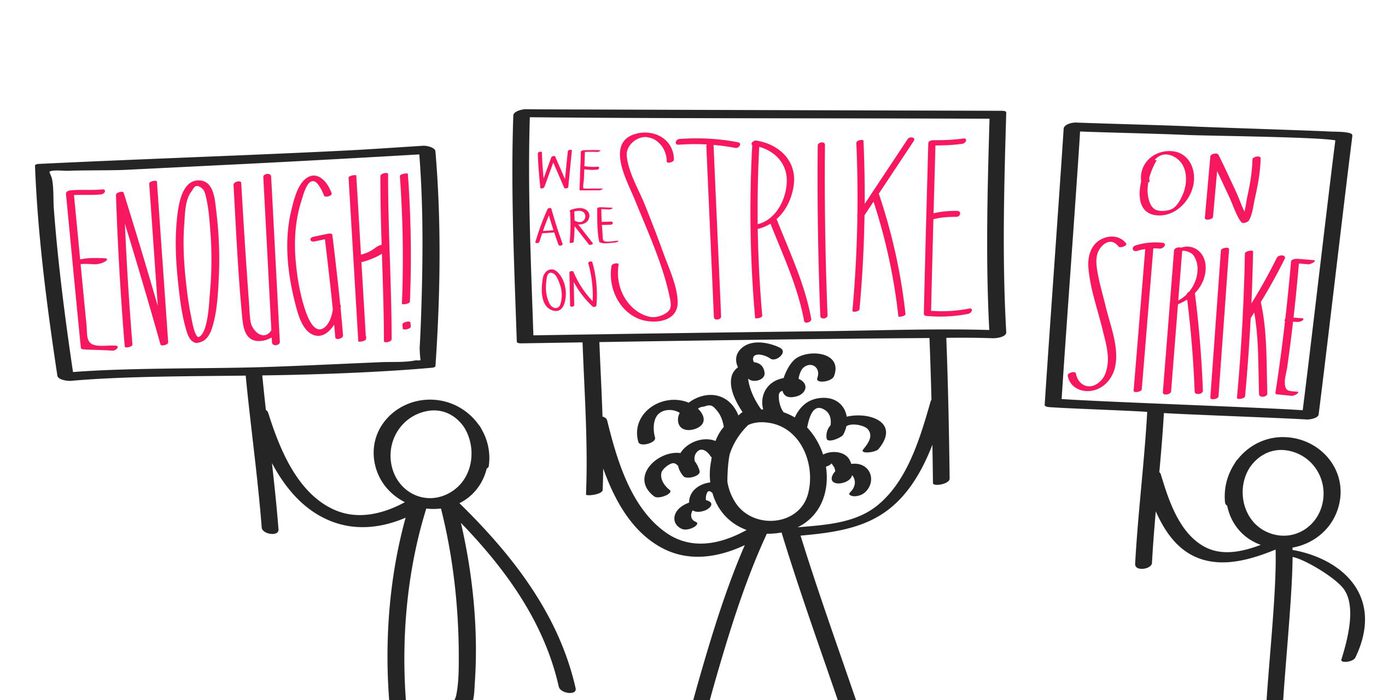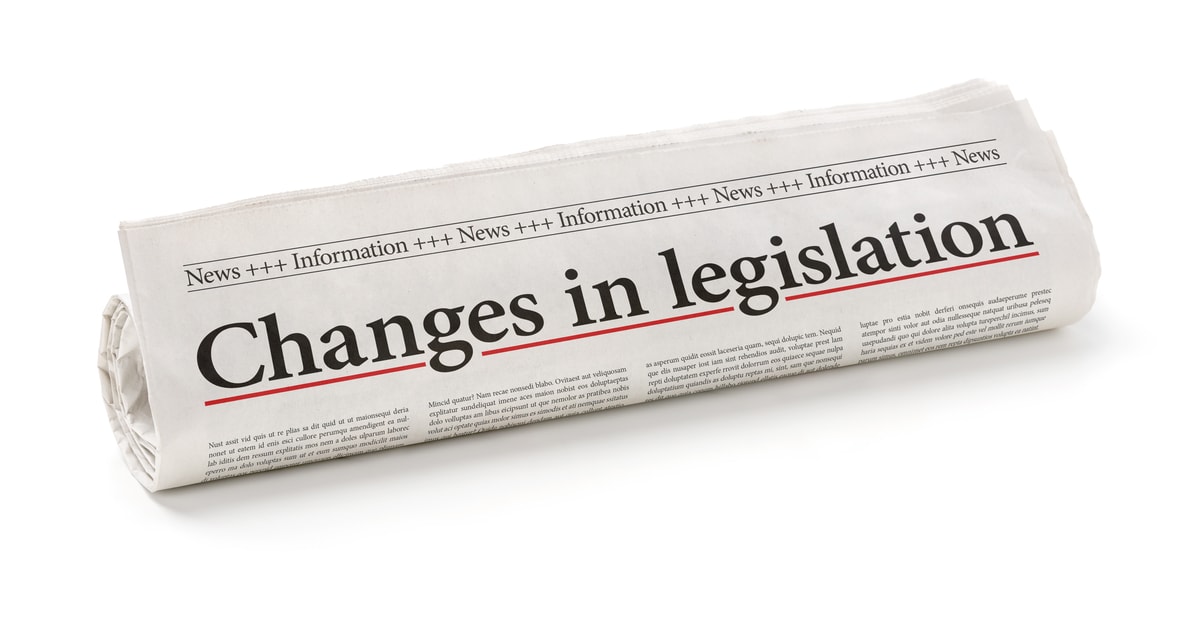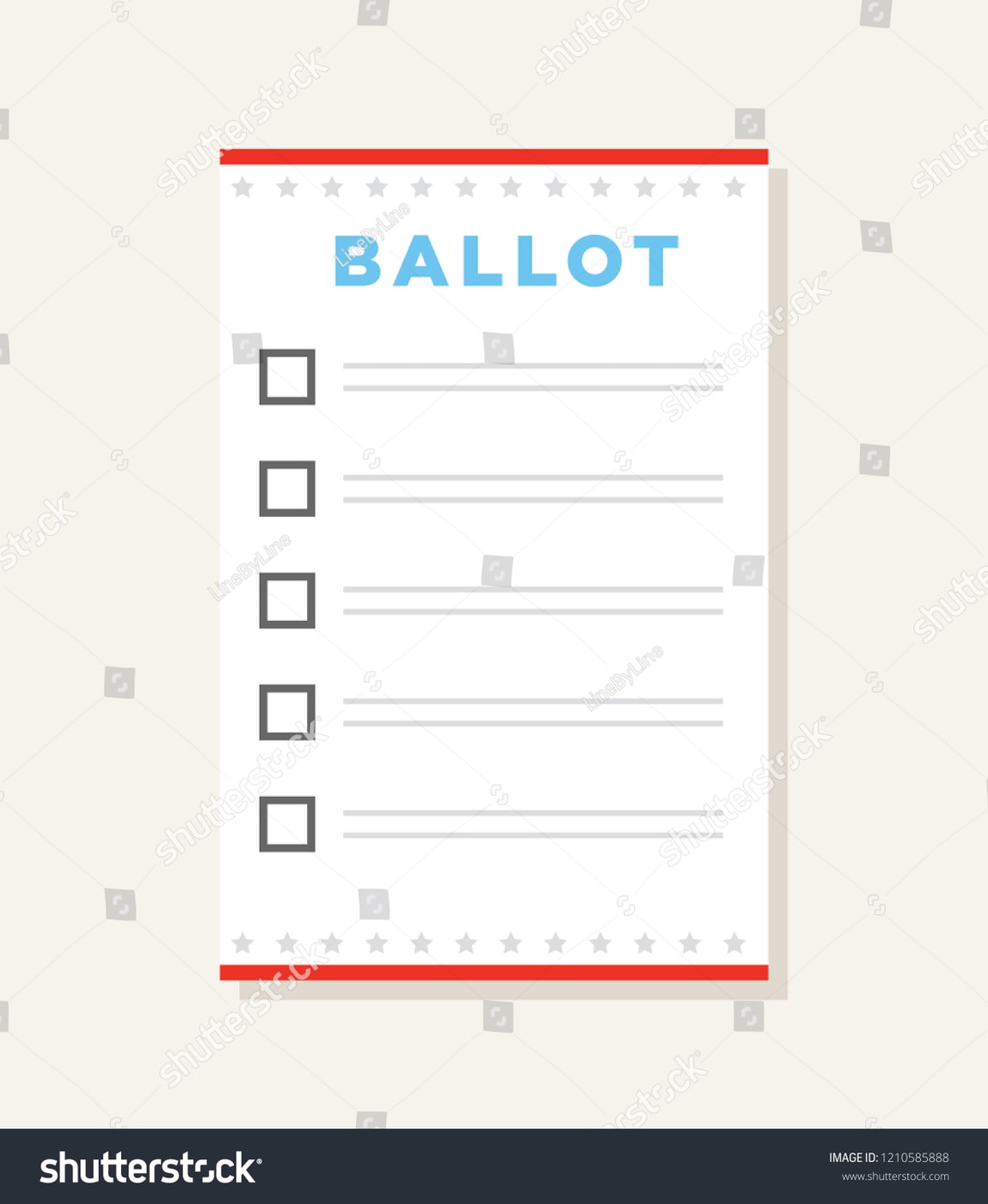New PERB Regs Effective 1/1/22
Effective January 1, 2022, new PERB regulations are going into effect regarding: (1) the circumstances requiring Board members and employees to recuse themselves from proceedings; (2) the filing of exceptions to Proposed Decisions; (3) the use of subpoenas and motions in formal hearings; and (4) standards for obtaining continuances of a formal hearing. The text of the new regulations can be found here. Here are some of the highlights of the new regulations: Subpoenas: The regulations now distinguish between a "testimonial subpoena" and a "records subpoena" and, for the first time, provide timelines for the service of subpoenas. There are…





